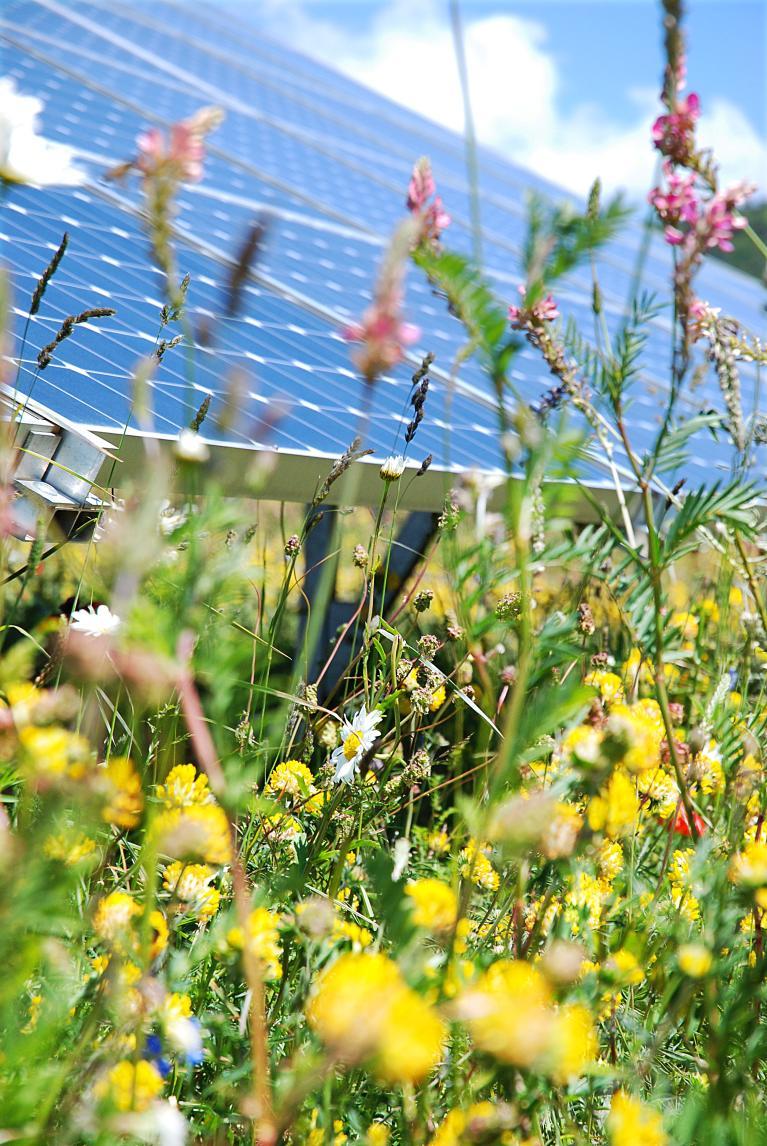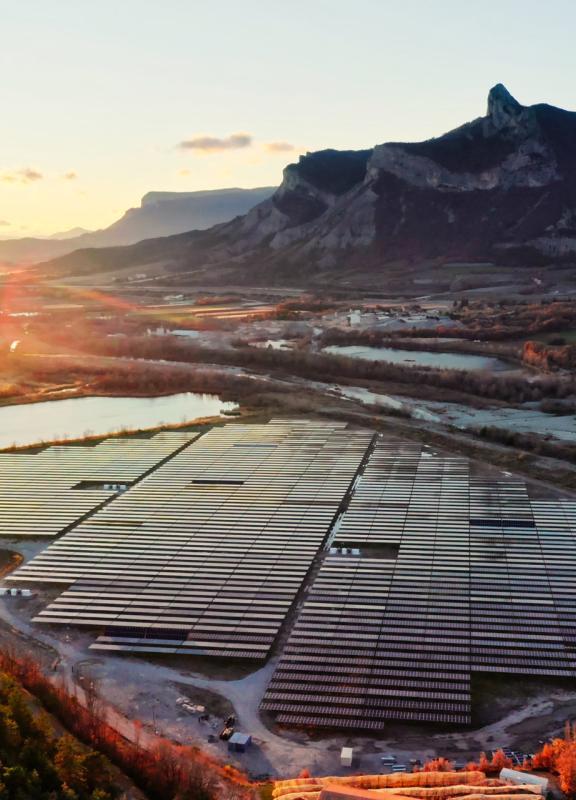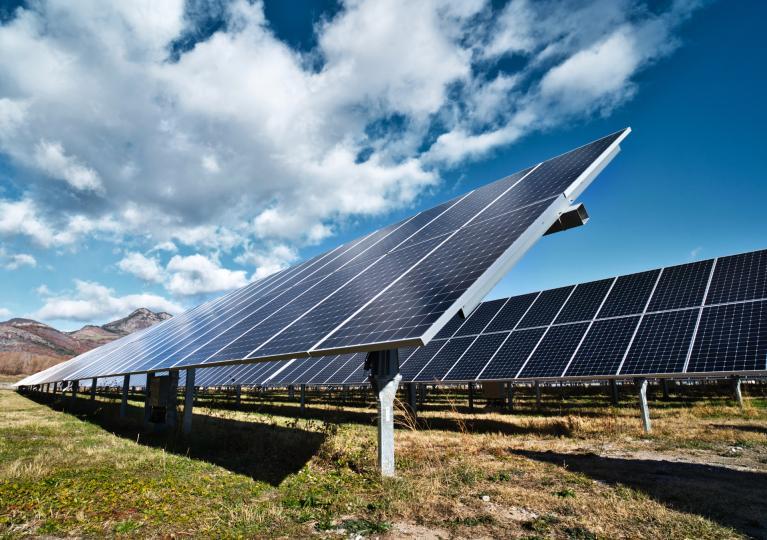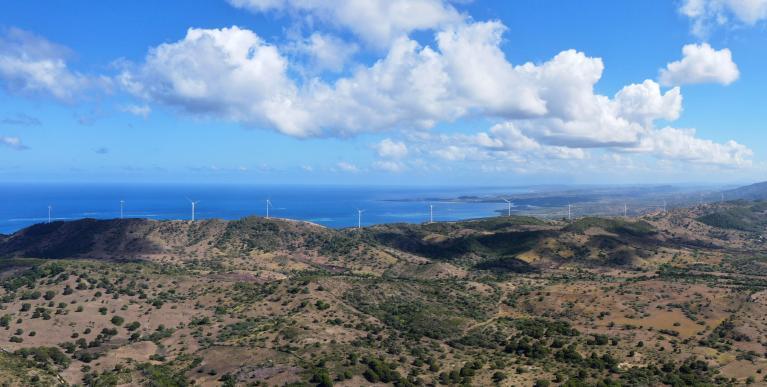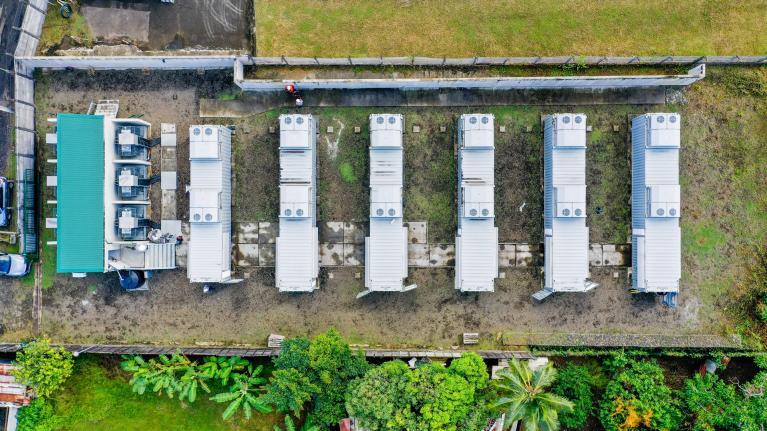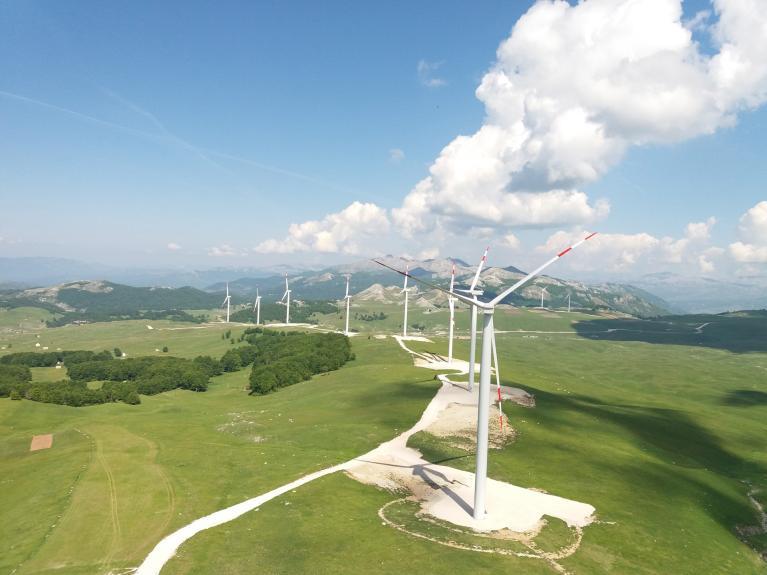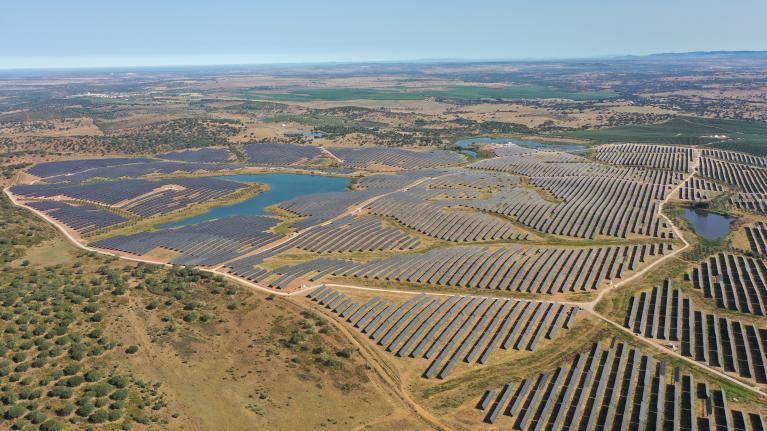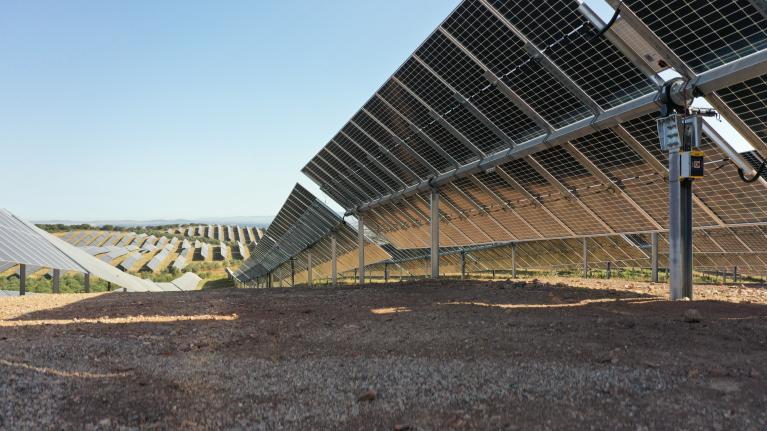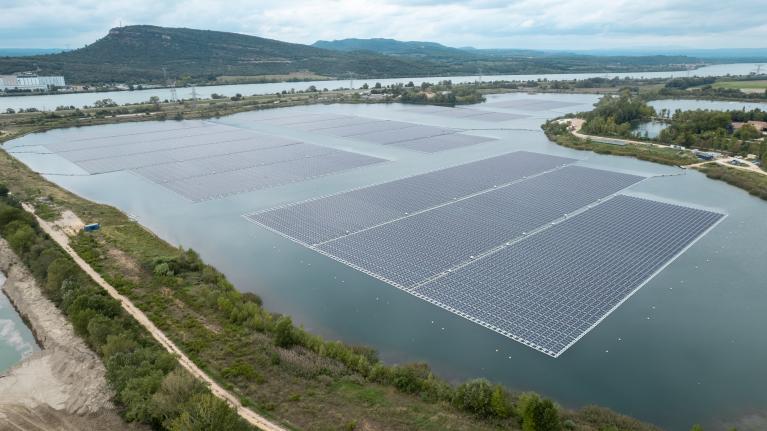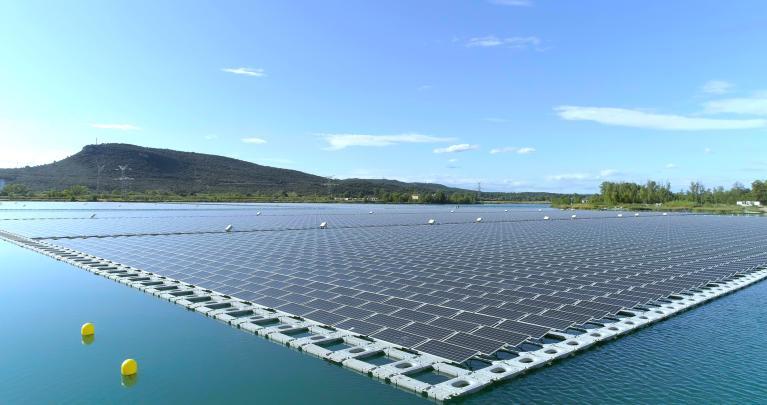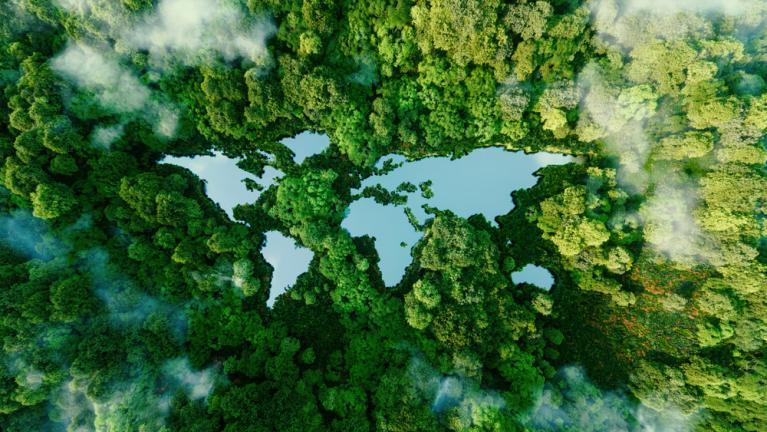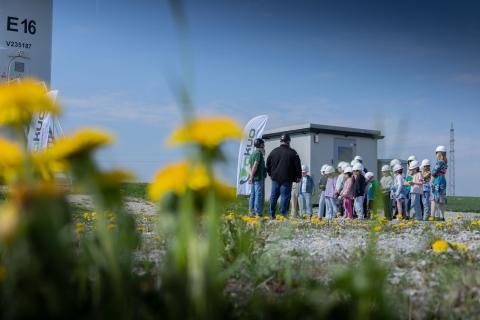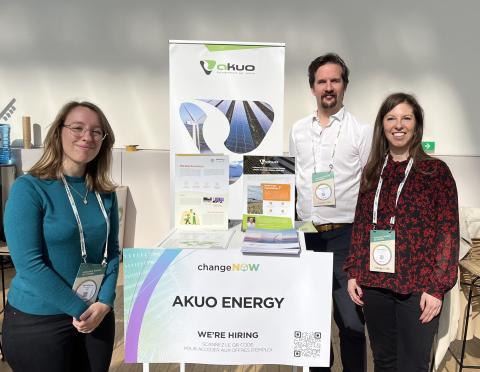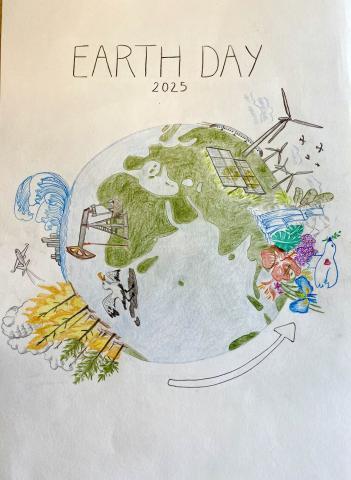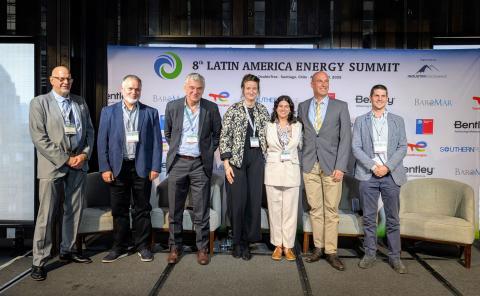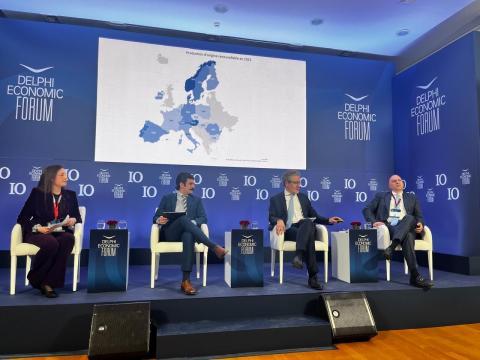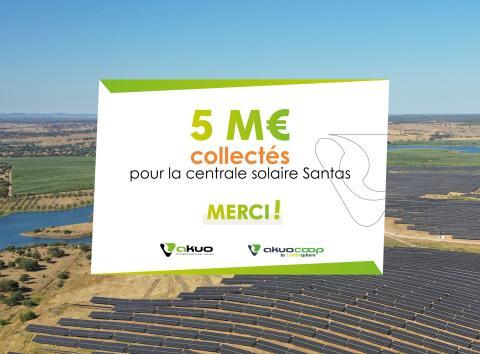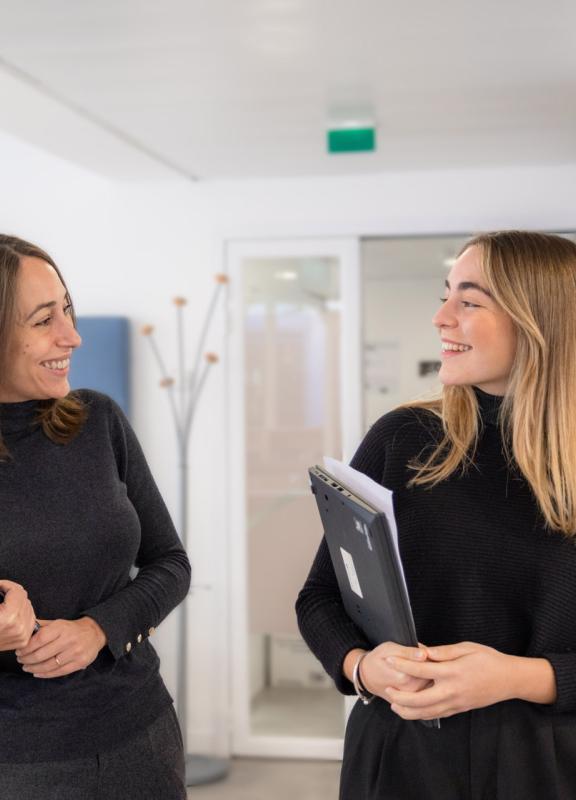More than a power producer,
we create positive synergies
We invent and co-construct new models of renewable energy production for the sustainable development of territories
We are integrated, innovative and unique renewable energy producers
The Akuo's model of Agrivoltaics: innovation benefiting farmers
At Akuo, we're pioneers in the field of agrivoltaics, with over 15 years' experience. Since 2009, we've been developing innovative projects that combine solar energy and agriculture, always putting farmers at the heart of our projects. We develop technical solutions for farmers, whether they are market gardeners, arboriculturists, livestock farmers or cereal growers, to turn our power plants into real production tools.
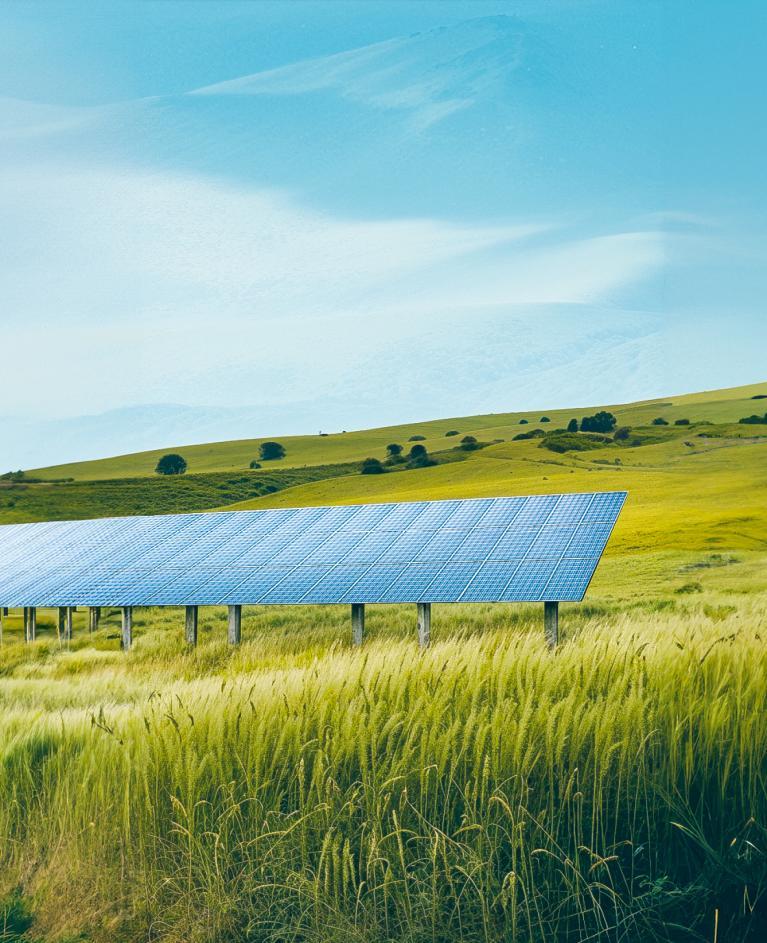
Join the AkuoCoop participative financing platform
AkuoCoop by Lendosphere is your portal for investing in the Akuo Group's renewable energy projects. Managed by Lendosphere, it enables you to make an active contribution to your region's energy transition, while enjoying attractive returns.

